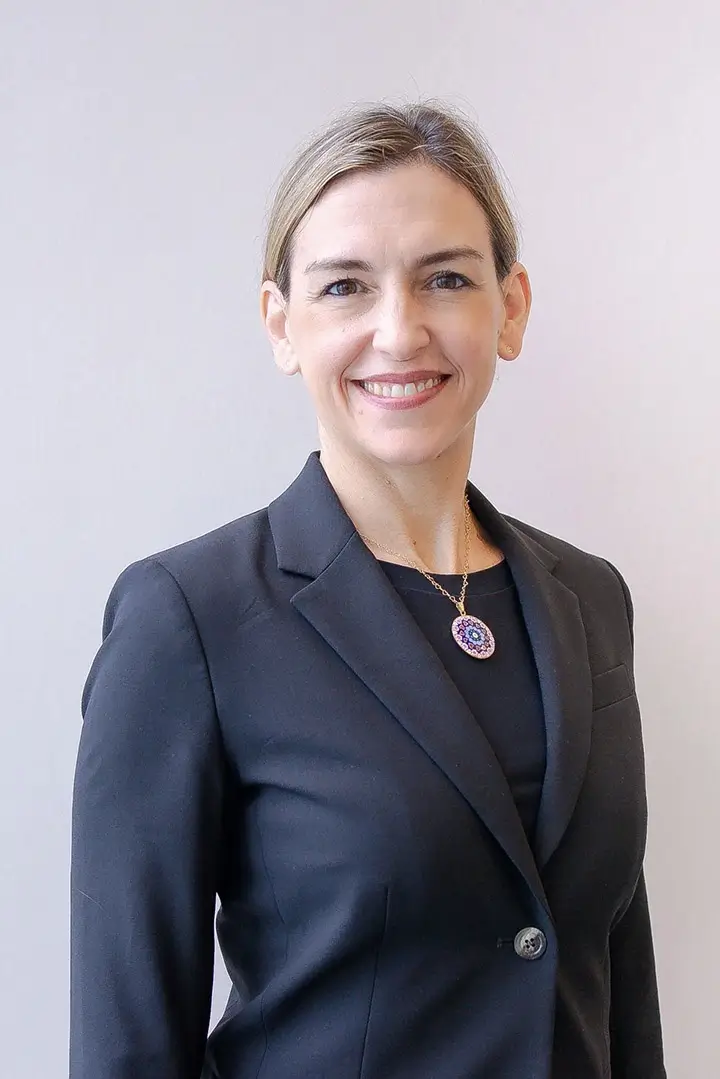Seung Park, Badger Herald
Researchers at the University of Wisconsin have made a breakthrough in stem cell research. Igor Slukvin headed the team that has successfully reprogrammed bone marrow cells into induced pluripotent stem cells (iPSCs). “This is important because blood banks have huge amounts of samples of bone marrow,” he said. “You can select as many types of cells as you want and make stem cells out of them.”
This regression was a major accomplishment, as reprogramming a cell is similar to an adult human reversing development and becoming a child again, according to Timothy Kamp, an associate professor of medicine. “When our organs develop, it’s a one-way street as you go from a precursor stem cell which grows and forms specialized tissues for various systems,” Kamp said. “As these cells grow progressively more specialized, they can’t go back and return to being a stem cell.” Obviously, this problem has been overcome, the concept behind the reprogramming comes from a set of DNA binding proteins that regulate gene expression.
Slukvin also took cells from a patient with chronic myeloid leukemia and generated transgene-free iPSCs from their bone marrow. These cells show a unique translocation of a chromosome while also maintaining the pluripotency of an embryonic stem cell. The implication of this being that the disease can now be followed, as they have regressed back into stem cells, the redevelopment of the disease will be able to be observed.

